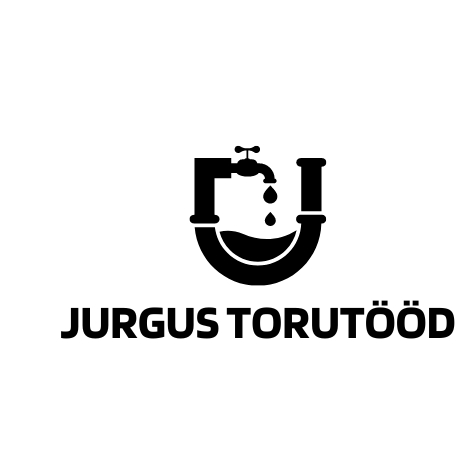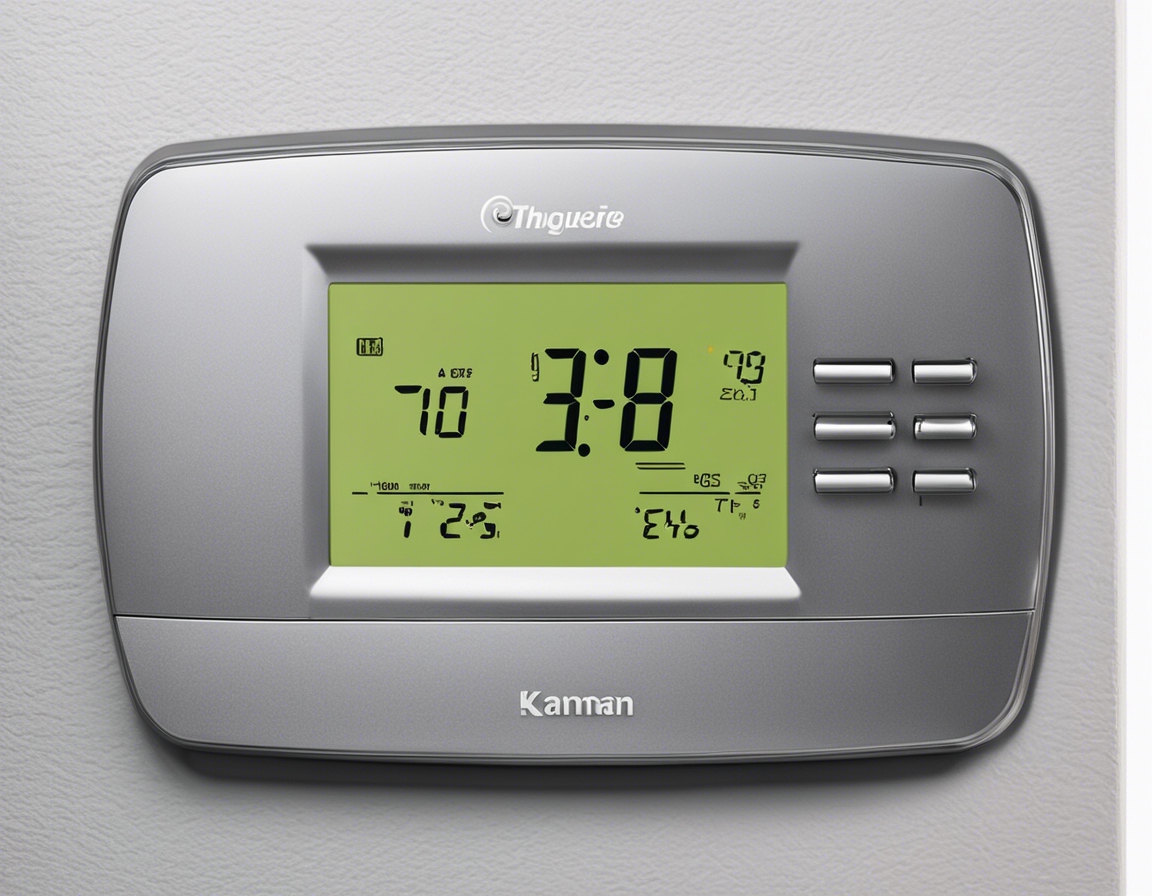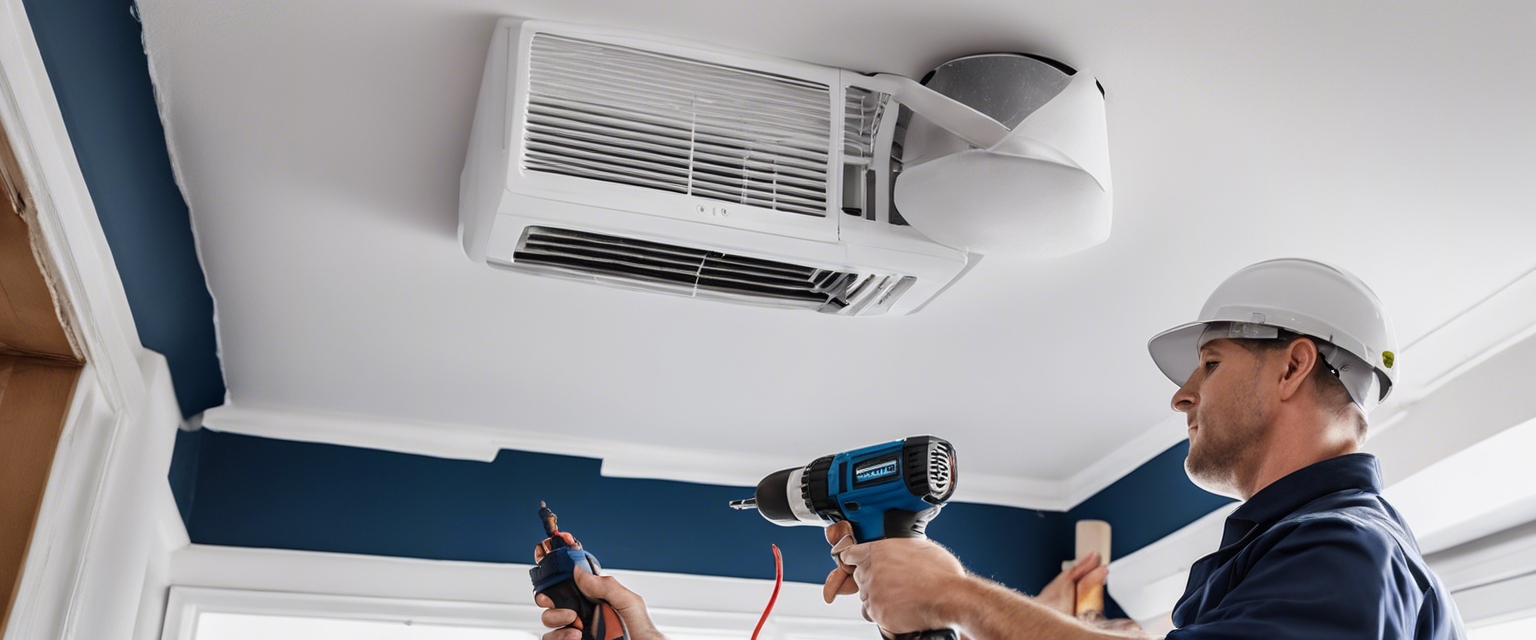The ultimate guide to energy-efficient heating
Energy efficiency in heating systems refers to the use of less energy to provide the same level of heating comfort to your home or business. It's a balance of effective heating, sensible energy use, and minimal waste.
With rising energy costs and growing environmental concerns, energy-efficient heating isn't just a luxury; it's a necessity. It reduces utility bills, decreases carbon footprint, and enhances indoor comfort.
Types of Energy-Efficient Heating Systems
Heat pumps are versatile systems that provide both heating and cooling. They work by transferring heat from the outside air, ground, or water into your home. Air-source and ground-source (geothermal) heat pumps are known for their high efficiency.
Solar heating harnesses the power of the sun to warm your home. Active solar heating systems use solar collectors and pumps, while passive systems rely on the design and orientation of the building.
Geothermal systems use the stable temperature of the earth to heat and cool buildings. They are highly efficient and can reduce energy consumption by up to 50%.
Modern boilers and furnaces can achieve high levels of efficiency by using condensing technology and advanced heat exchangers to extract more heat from the fuel used.
Hydronic systems circulate hot water through pipes to radiators or underfloor heating. They offer even heat distribution and can be paired with high-efficiency boilers.
Key Components of an Energy-Efficient Heating System
Smart thermostats and programmable controls allow precise temperature management, reducing energy waste when heating is not needed.
Proper insulation and air sealing prevent heat loss, making any heating system more efficient. They are critical for maintaining a comfortable and energy-efficient home.
ERVs improve indoor air quality while conserving energy by recovering heat from exhaust air and using it to pre-heat incoming fresh air.
Zoning systems provide targeted heating, allowing different areas of a building to be heated to different temperatures, which saves energy.
Implementing Energy-Efficient Heating Solutions
An energy audit can identify areas for improvement in your heating system. Planning for energy-efficient solutions should be tailored to your specific needs and building characteristics.
Professional installation and regular maintenance are essential for the optimal performance of any heating system. This ensures efficiency and longevity.
Upgrading to a more efficient heating system or retrofitting existing systems with energy-efficient components can significantly reduce energy consumption.
Many governments and utility companies offer incentives and rebates for installing energy-efficient heating systems, making them more affordable.
Best Practices for Maximizing Heating Efficiency
Regular maintenance, such as cleaning filters and servicing equipment, keeps heating systems running efficiently.
Using your heating system smartly, such as lowering the temperature when you're not home, can lead to significant energy savings.
Enhancing insulation in your home or business can reduce the need for heating and lower energy bills.
Incorporating renewable energy sources, like solar panels, can further increase the efficiency and sustainability of your heating system.






Comments (0)